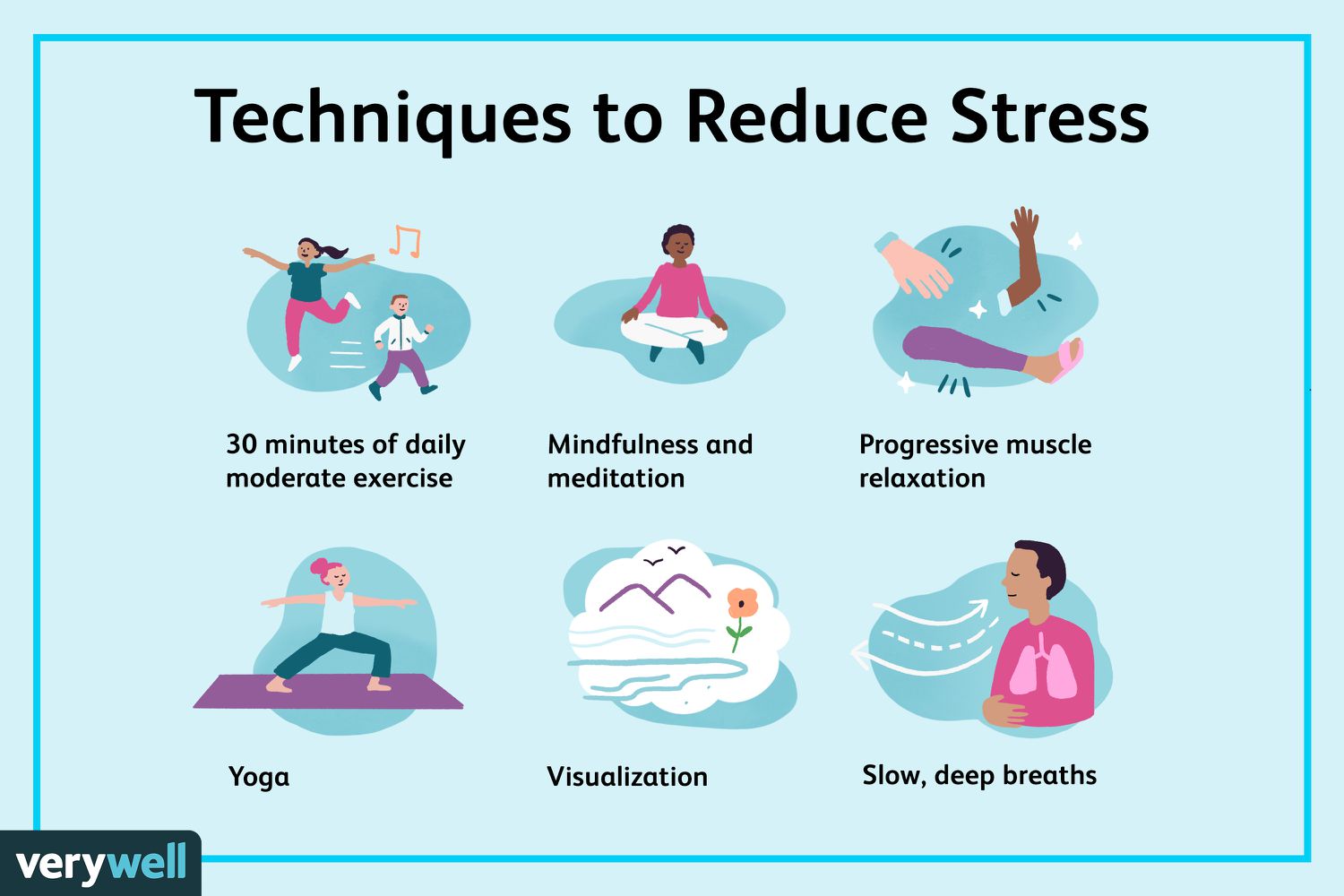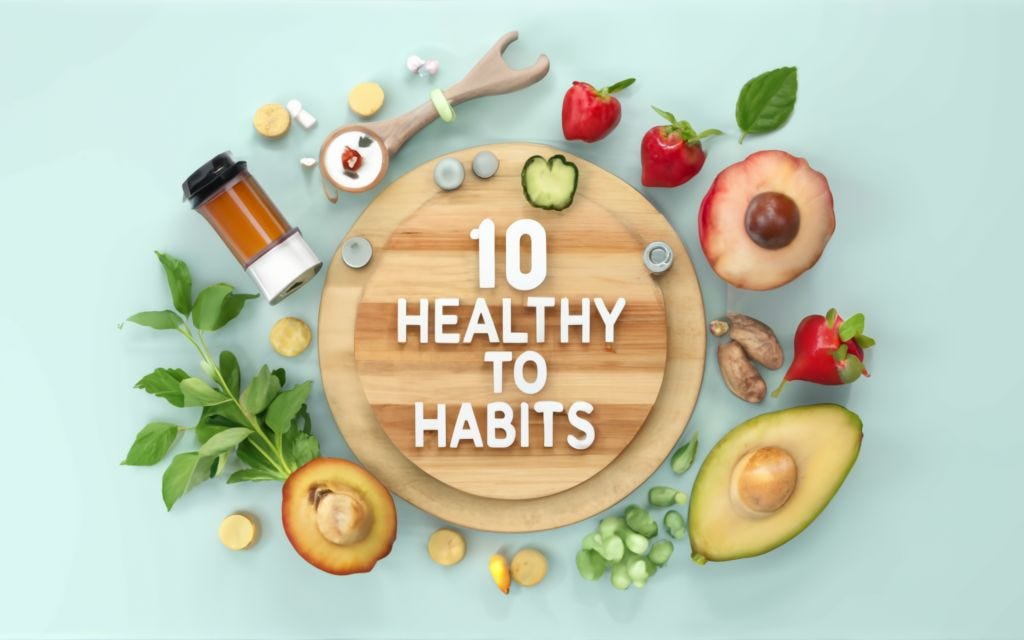The Ultimate Guide to Balanced Nutrition: Eating Your Way to Better Health
In today’s world of fast food, fad diets, and nutritional misinformation, achieving balanced nutrition can seem daunting. However, understanding the principles of balanced nutrition and incorporating them into your daily routine can lead to improved health, increased energy, and overall well-being. This guide will explore the key components of balanced nutrition and provide practical tips to help you eat your way to better health.
## What is Balanced Nutrition?
Balanced nutrition involves consuming a variety of foods in the right proportions to provide your body with essential nutrients. These nutrients include carbohydrates, proteins, fats, vitamins, minerals, and water. A balanced diet helps maintain optimal body function, supports growth and development, and reduces the risk of chronic diseases.
## The Components of a Balanced Diet
### 1. Carbohydrates
Carbohydrates are the body’s primary energy source. They should make up about 45-65% of your daily caloric intake. Focus on complex carbohydrates, such as whole grains, fruits, vegetables, and legumes, which provide sustained energy and are rich in fiber. Avoid refined carbohydrates like white bread, pastries, and sugary snacks, which can lead to energy crashes and contribute to weight gain.
### 2. Proteins
Proteins are essential for building and repairing tissues, producing enzymes and hormones, and supporting immune function. They should constitute 10-35% of your daily calories. Include a variety of protein sources in your diet, such as lean meats, poultry, fish, eggs, dairy products, beans, nuts, and seeds. Plant-based proteins, like quinoa, tofu, and lentils, are excellent options for vegetarians and vegans.
### 3. Fats
Fats are vital for energy, cell structure, and the absorption of fat-soluble vitamins (A, D, E, and K). Aim for fats to make up 20-35% of your daily caloric intake. Prioritize healthy fats, such as those found in avocados, nuts, seeds, olive oil, and fatty fish like salmon and mackerel. Limit saturated fats from sources like red meat and full-fat dairy, and avoid trans fats found in many processed foods.
### 4. Vitamins and Minerals
Vitamins and minerals are essential for numerous bodily functions, including immune support, bone health, and energy production. A diet rich in fruits, vegetables, whole grains, and lean proteins typically provides all the necessary vitamins and minerals. Pay special attention to consuming a variety of colorful fruits and vegetables to ensure you get a broad spectrum of nutrients.
### 5. Water
Water is crucial for maintaining hydration, regulating body temperature, and facilitating digestion and nutrient absorption. Aim to drink at least eight 8-ounce glasses of water per day, more if you are physically active or live in a hot climate. Other hydrating options include herbal teas, milk, and water-rich fruits and vegetables like cucumbers and watermelon.
## Building a Balanced Meal
Creating balanced meals involves combining the right proportions of carbohydrates, proteins, and fats while including plenty of fruits and vegetables. Here’s a simple approach to building a balanced plate:
– **Fill half your plate with vegetables and fruits:** Aim for a variety of colors and types to maximize nutrient intake.
– **Allocate a quarter of your plate to lean proteins:** Include sources like chicken, fish, tofu, or legumes.
– **Reserve the remaining quarter for whole grains or starchy vegetables:** Examples include brown rice, quinoa, sweet potatoes, or whole-wheat pasta.
– **Include healthy fats:** Add a small amount of healthy fat, such as a drizzle of olive oil, a handful of nuts, or slices of avocado.
## Practical Tips for Balanced Nutrition
### 1. Plan Your Meals
Planning your meals in advance can help you make healthier choices and avoid the temptation of convenience foods. Create a weekly meal plan that includes a variety of nutrient-dense foods, and prepare meals and snacks ahead of time.
### 2. Read Food Labels
Understanding food labels can help you make informed choices. Look for foods with minimal added sugars, unhealthy fats, and sodium. Pay attention to portion sizes and the nutrient content per serving.
### 3. Cook at Home
Preparing meals at home allows you to control the ingredients and cooking methods. Experiment with new recipes and cooking techniques to make healthy eating enjoyable and diverse.
### 4. Practice Mindful Eating
Mindful eating involves paying attention to your hunger and fullness cues, eating slowly, and savoring each bite. This practice can help prevent overeating and enhance your enjoyment of food.
### 5. Stay Informed
Nutritional science is constantly evolving, and staying informed can help you make better choices. Follow reputable sources for the latest dietary guidelines and research. Consulting a registered dietitian can also provide personalized advice and support.
## Special Considerations
### 1. Dietary Restrictions and Allergies
If you have specific dietary restrictions or allergies, it’s important to find alternative sources of essential nutrients. For example, if you’re lactose intolerant, you can obtain calcium from fortified plant milks, leafy greens, and almonds.
### 2. Vegetarian and Vegan Diets
Vegetarian and vegan diets can be nutritionally balanced if well-planned. Ensure adequate protein intake from plant-based sources, and consider supplementation for nutrients like vitamin B12, iron, and omega-3 fatty acids if needed.
### 3. Age and Lifestyle
Nutritional needs can vary based on age, activity level, and health status. For example, children and adolescents require more nutrients to support growth, while older adults may need more calcium and vitamin D for bone health. Tailor your diet to meet your specific needs.
## Conclusion
Achieving balanced nutrition is a key component of a healthy lifestyle. By understanding the essential nutrients your body needs and making conscious food choices, you can improve your overall health and well-being. Remember, it’s about consistency rather than perfection. Start by making small, manageable changes, and gradually build on them. With a balanced diet, you’re not only nourishing your body but also laying the foundation for a healthier future.









